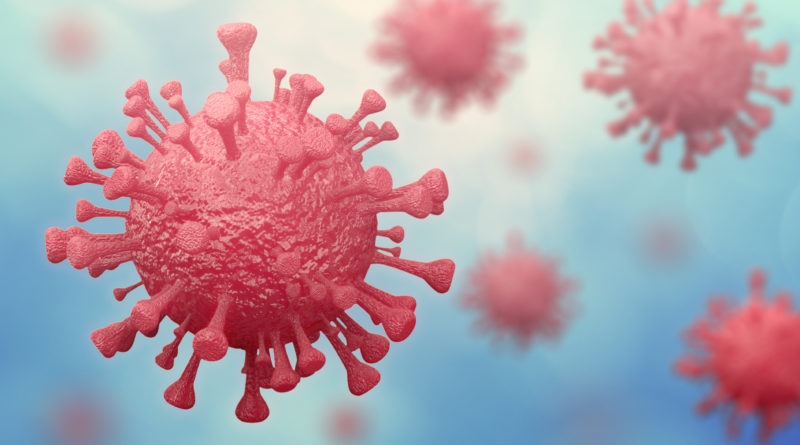Coronavirus Cases Are Increasing Again in 19 States
7,898 total views, 1 views today
With states reopening their economies and countless people nationwide taking to the streets to protest police brutality in the wake of George Floyd’s murder, some have worried that coronavirus cases could reach a second peak sooner than first anticipated. According to new data regarding COVID-19 case rates, the start of an uptick in case numbers is being seen in 19 states.
Public health experts have pointed to Arizona as perhaps the most concerning of these states. There, the government has warned its hospital systems to activate their emergency plans. State Director of Health Services Dr. Cara Christ tweeted on Tuesday evening that COVID-19 remains prevalent enough in Arizona to present concerns about immediate new cases.
During the state’s previous COVID-19 peak when the virus first began experiencing exponential spread in the U.S., 78 percent of the state’s intensive care unit hospital beds were occupied. On Monday, the state had 76 percent of all intensive care beds occupied. Dr. Christ thus advised Arizona hospitals to be extremely selective in which elective surgeries they allow in the coming weeks so their intensive care units can have ample beds for COVID-19 patients.
Although the fatality rate of COVID-19 is estimated at approximately 1.4 percent, the first wave of American COVID-19 infections showed how quickly the virus can overwhelm hospitals. In March and April, many states quickly ran out of medical supplies, hospital beds, and healthcare staff to tend to COVID-19 patients with severe symptoms. Among certain age groups, hospitalization rates can be as high as 17.2 percent.
Outside Arizona, North Carolina is also experiencing a concerning resurgence in COVID-19 cases. Currently, 774 people in the state are hospitalized with coronavirus. According to the North Carolina Healthcare Association, this number is the highest yet in the state. However, unlike in Arizona, North Carolina is not yet worried about its hospital bed capacity. Instead, state health experts expressed more concern about two increases in COVID-19 cases: One after stay-at-home orders were relaxed, and the other after Memorial Day weekend.
A vaccine to eliminate coronavirus will not be available soon enough to thwart any immediate new peaks. White House health advisor Dr. Anthony Fauci recently suggested that an eventual coronavirus vaccine will only confer short-term immunity. Fauci noted that the human immune response to other coronaviruses, including those that cause the common cold, tend to last only three to six months or, occasionally, a full year. A vaccine, he said, thus might not be able to offer any immunity longer than these timeframes.
Also fueling COVID-19 concerns is the recent surge in national protests following the police murder of George Floyd. Fauci said that protesting likely carries the risk of increasing COVID-19 case rates, yet many epidemiologists and virologists have hesitated to tell protestors to stay home. Social epidemiologist Jaime Slaughter-Acey of the University of Minnesota even commended protestors for putting their own lives at risk to advance the cause of protecting Black lives. While there is still some uncertainty about whether protests will lead to increased case rates, the protests themselves are unlikely to stop any time soon.

